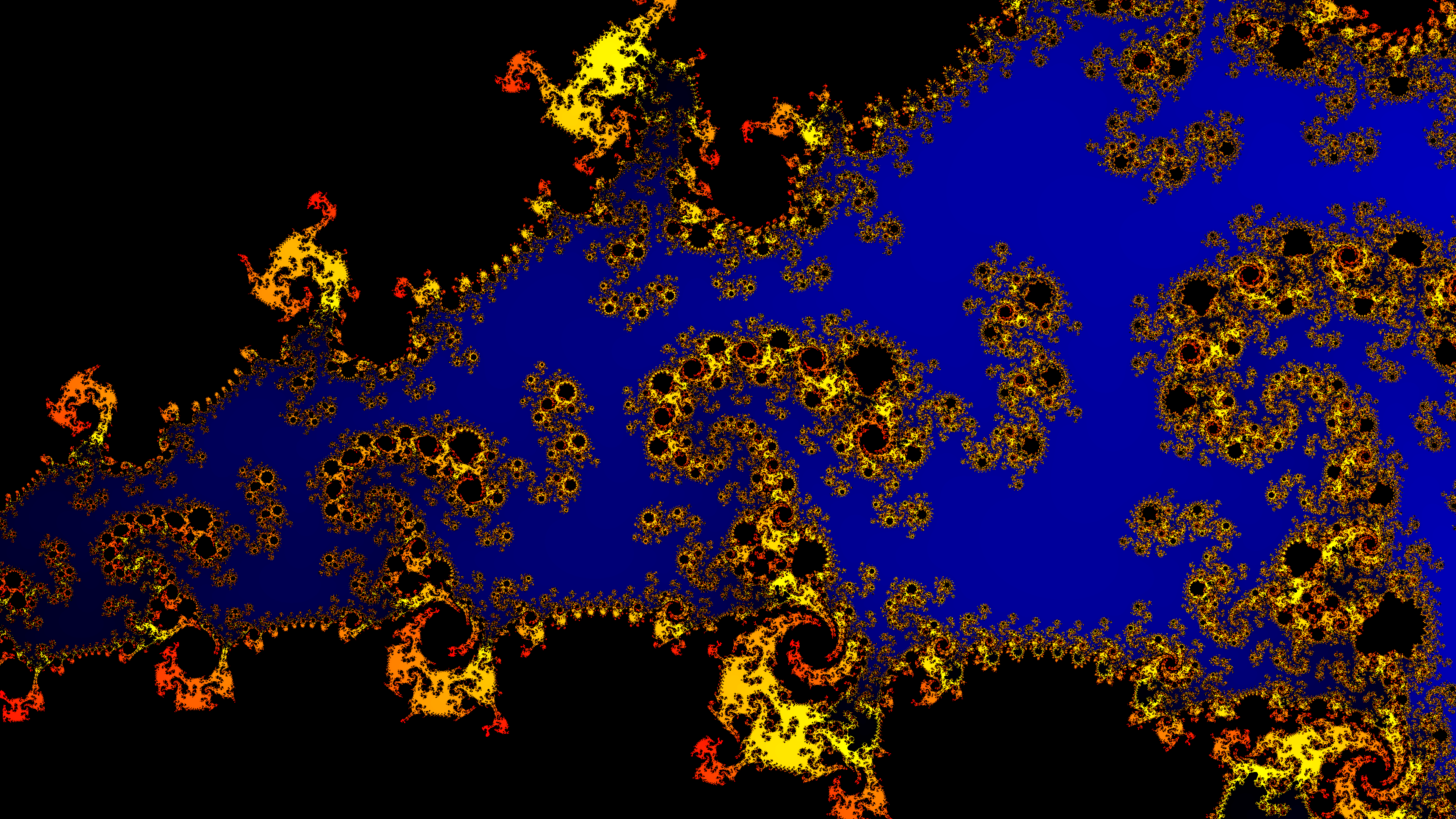Mathematics is a study. That requires an agent.
From Wikipedia on Mathematics:
Mathematics (from Greek μάθημα máthēma, "knowledge, study, learning") is the study of such topics as quantity, structure, space, and change.
But the next sentence says:
[Mathematics] has no generally accepted definition.
...and goes on to link to Definitions of mathematics.
Let us pick a few:
Aristotle defined mathematics as: The science of quantity.
Science is both a method, and activities that adhere to this method. If no-one is acting by the method or has defined it, no, then it does not exist.
More like that...
The science of indirect measurement. Auguste Comte 1851
Mathematics is the science that draws necessary conclusions. Benjamin Peirce 1870
Mathematics is the classification and study of all possible patterns.Walter Warwick Sawyer, 1955
Mathematics is a broad-ranging field of study in which the properties and interactions of idealized objects are examined. Wolfram MathWorld
So in general Mathematics is not a thing on its own but is used to describe certain types of activities undertaken by agents.
But you said there is no universe. This means there are no agents. If there is no-one around to perform any activity, there can be not be anything like mathematics.
So if we go by these definition, then the answer is no, there would not be mathematics because mathematics is a study. If you have no-one to do the study, the study does not exist.

